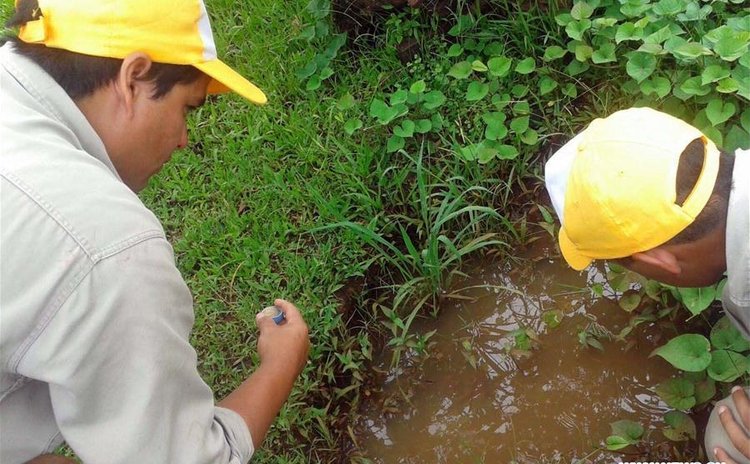Almost one-sixth of Brazil's confirmed microcephaly cases linked to Zika

RIO DE JANEIRO, May 4 (Xinhua) -- Confirmed microcephaly cases in Brazil have increased to 1,271, and almost one-sixth are linked to the Zika virus, the Brazilian government said on Wednesday.
In a press release, the Health Ministry said that between October 22 and April 30, 1,271 cases of microcephaly were confirmed. Among them, 203 tested positive for the Zika virus. The numbers may still increase as the investigation is still ongoing.
During the period, 267 babies died probably from microcephaly or other abnormalities with the central nervous system during pregnancy or after labor. Out of the total, 57 deaths have so far been confirmed to be caused by microcephaly and abnormalities with the central nervous system.
With 339 confirmed cases of microcephaly, the northeastern state of Pernambuco has the largest number in the country, followed by Bahia, also in the northeast with 232 confirmed cases.
The Zika virus, like dengue fever and chikungunya, is spread by the "Aedes aegypti" mosquito which is common in the Latin American and Caribbean region.
Brazil, one of the worst affected countries, registered the largest number of microphaly in newborns, supposedly related to the virus.
The Brazilian government declared a state of health emergency in November 2015 and the World Health Organization (WHO) declared a health emergency of international concern on February 1, 2016, due to the rapid spread of Zika.




